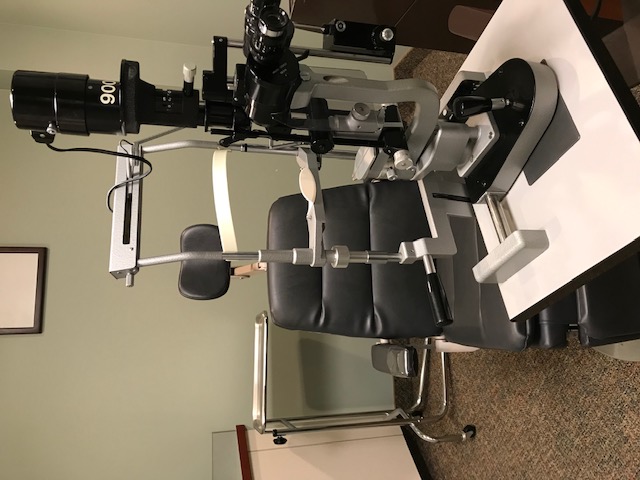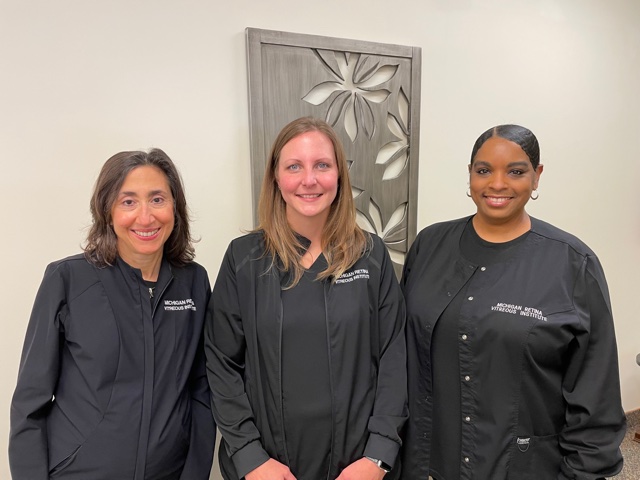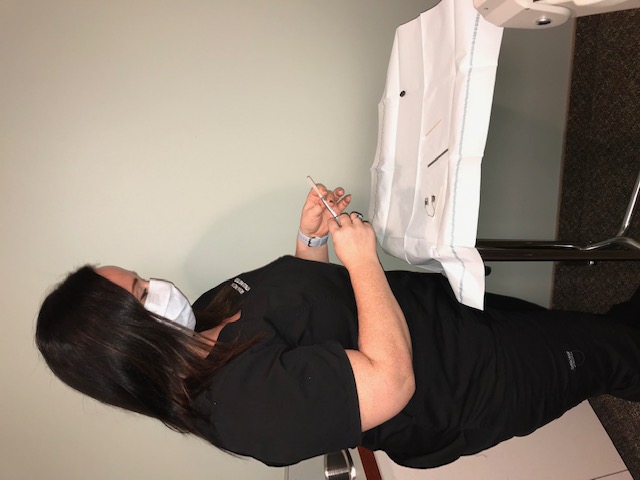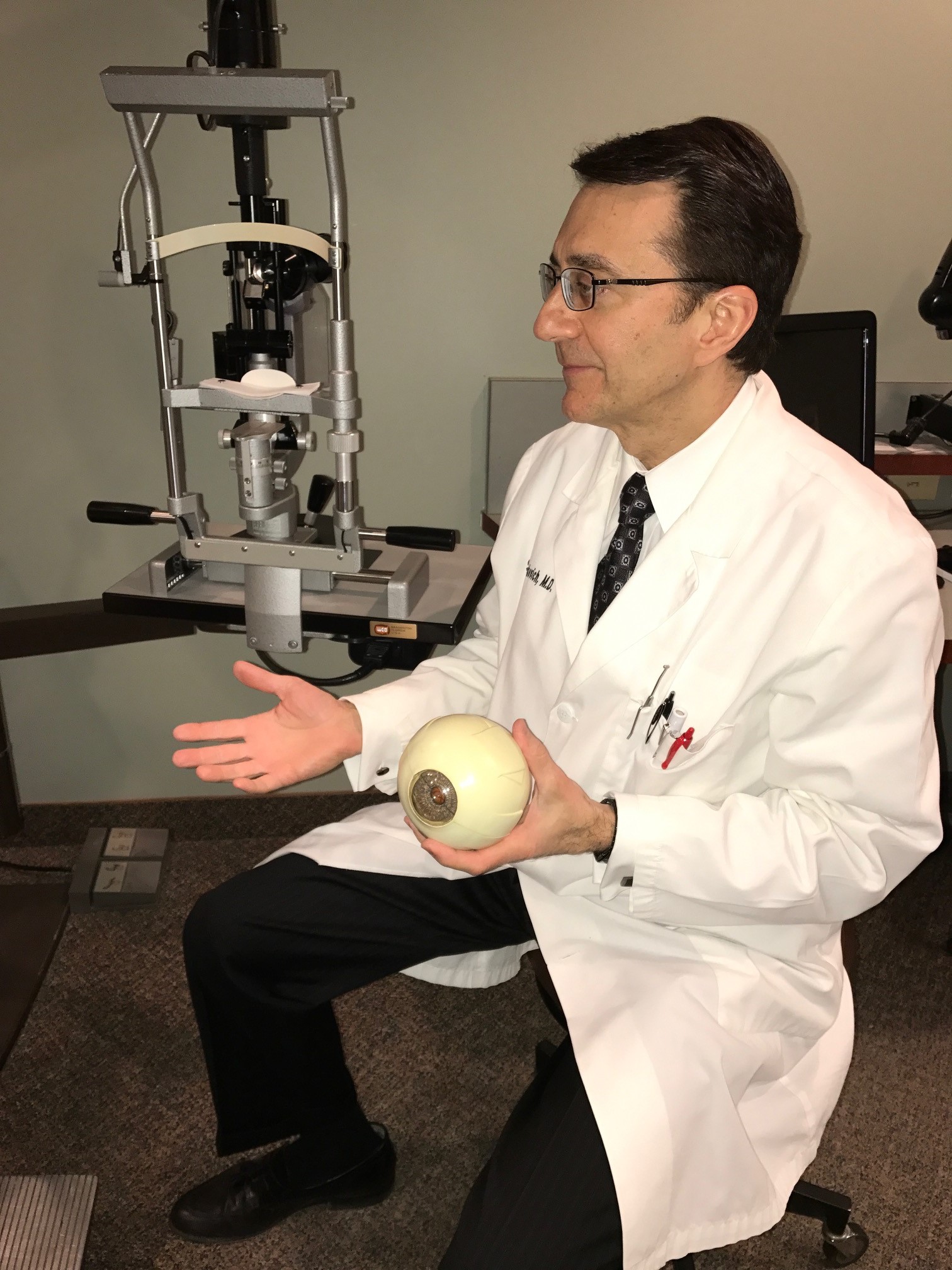Michigan Retina-Vitreous Institute
1290 South Linden Road, Flint, Michigan 48532
(810) 732-6231
Office Visits
Complete consultations may last 1 to 3 hours, depending on the complexity of the retinal problem and need for specialized testing. Patients are asked to take all pills, injections, and eye drops as they normally would on the day of their appointment and are asked to bring a complete list of all current medications. Both eyes are usually dilated and patients may wish to bring sunglasses and someone to drive home.

Office Staff
The administrative staff assists with appointment scheduling, insurance form processing, questionnaires, billing, surgery scheduling, and other administrative tasks.

The technical staff assist the physician in obtaining medical histories, measuring vital signs, measuring eyeglasses, determining levels of visual acuity, determining other physical information, and, when prescribed by the physician, obtain specialized retinal photographs or other special testing and assist the physician with laser or office surgery.

Can I Record My Discussion with the Doctor?
While some feel that recording a medical examination discussion can help patients better follow physician's instructions or help them recall information about diagnoses which may have been missed, it is equally effective to have a family member, friend, or advocate with you to assist in these ways. Recordings can inadvertently put the patient's privacy at risk if anyone else gets access to the recording and plays it. Information from discussions about family members or a family history of illnesses can go beyond the immediate patient. As well, it can create an adversarial and difficult working environment. Michigan law prohibits the recording of any conversation without the permission of all the parties. We respectfully decline all recording within our office.
